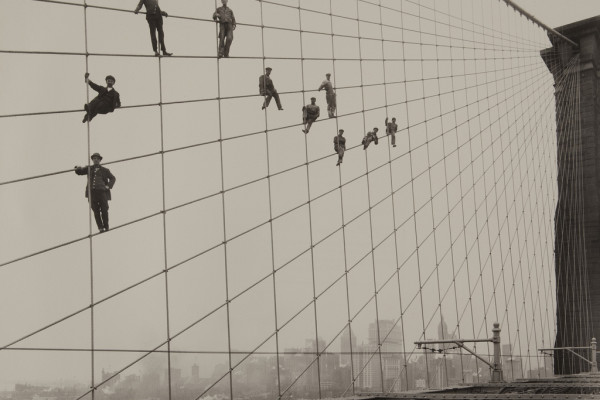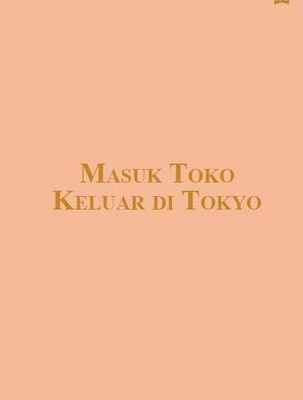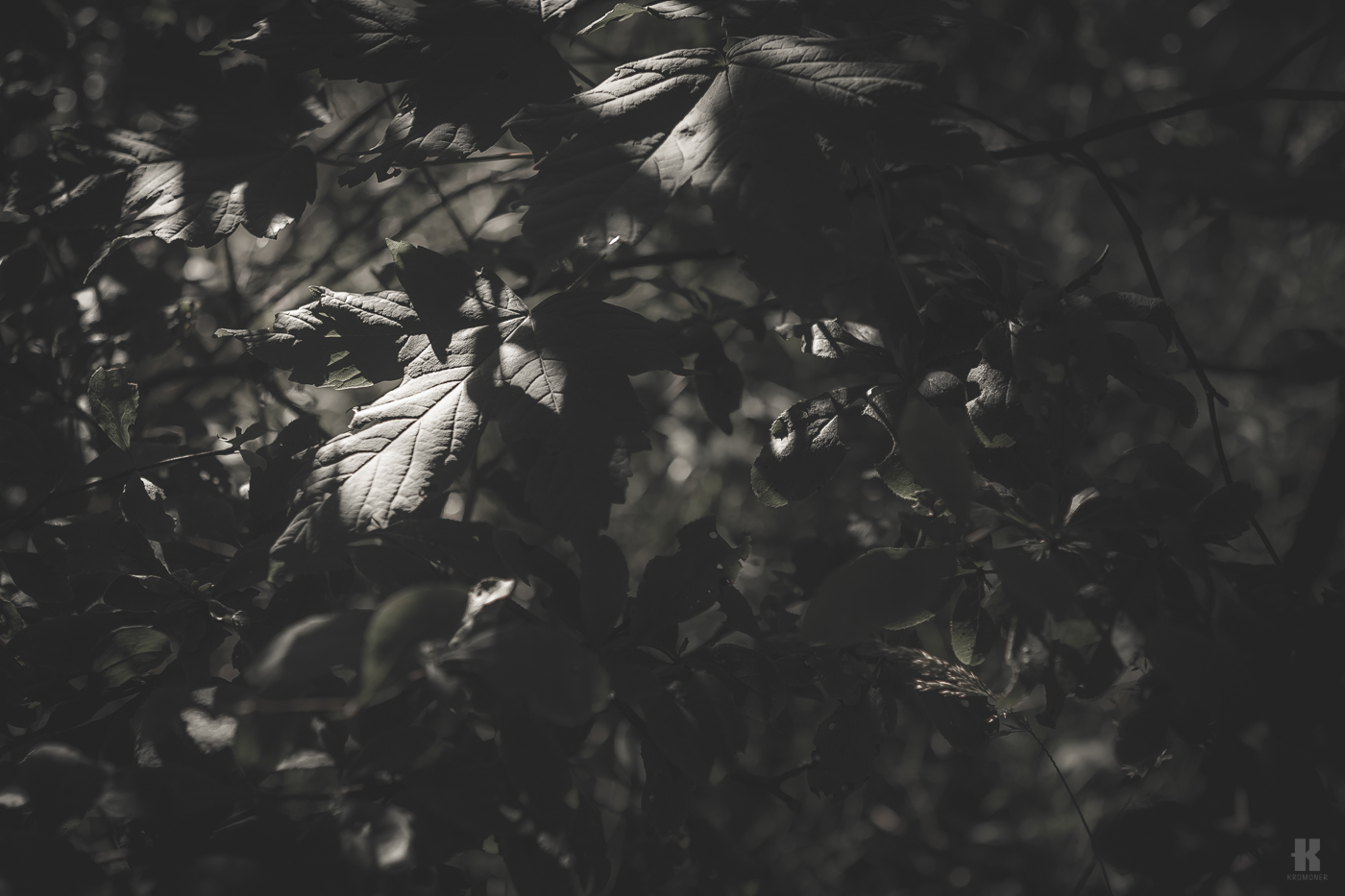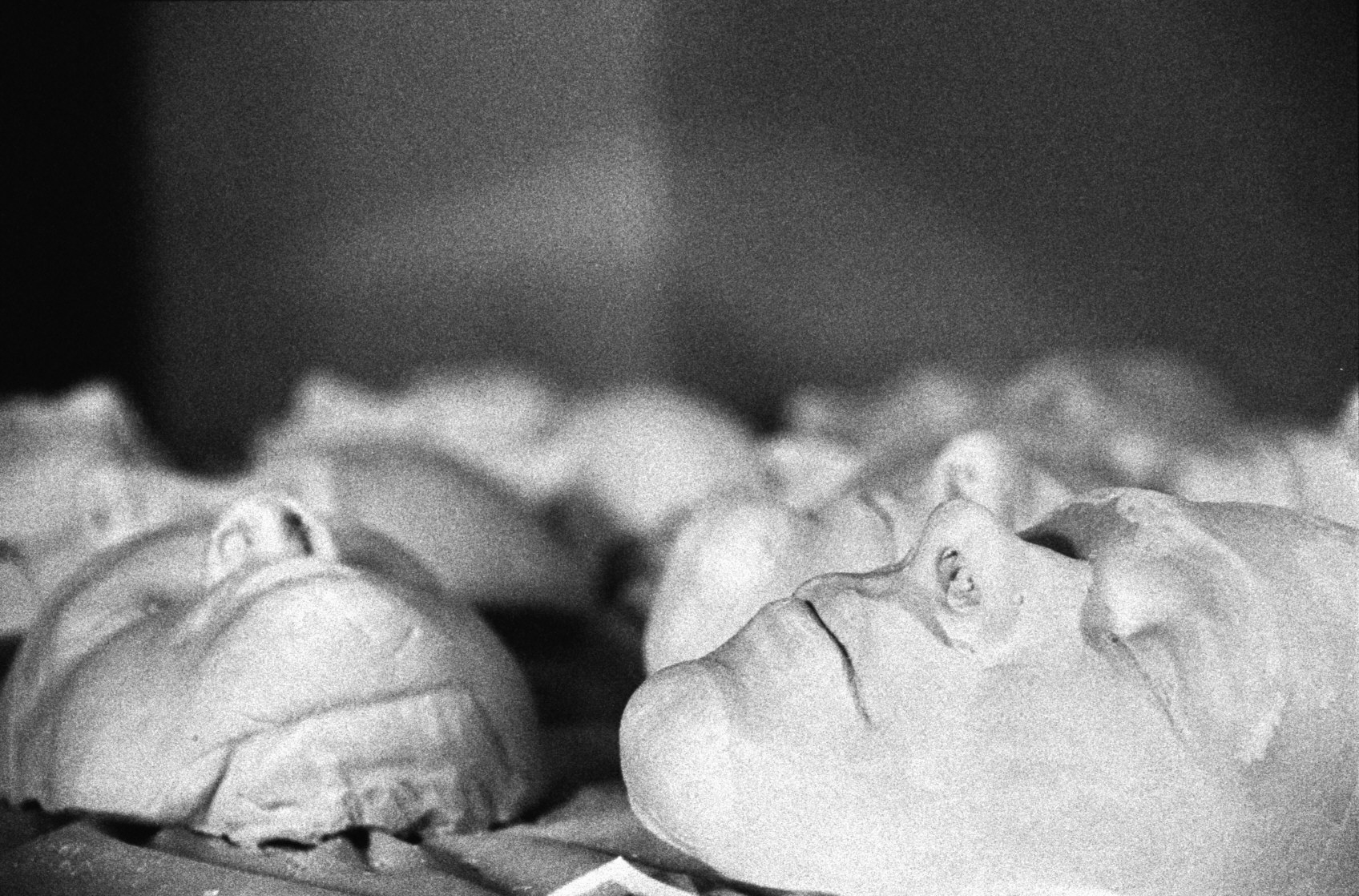If I Have Only My Body
The tomatoes on the balcony have blown down
and everything sags with rain.
A man watches the street from a parking garage, smoking
in the sluice and whistle of the storm traffic
and you are somewhere in it all,
driving home to me,
to our low-slung apartment complex, the pool basin drained and shattered,
the whole building, a sopped sponge,
a cluster of small satellite dishes climbing the side
like a spray of gray mushrooms.
Last night in the storm, I dreamt again of
giant fish swimming below me—whale sharks
drowsy as freighters, threading
a narrow bridge I walked out on.
I hear the rain humming through my walls like electricity.
By late afternoon, I wake again to the royal palm
prodding our window like the muzzle of a giant horse
looking for salt or apples.
The whole world is so much bigger than I am—
the sleeping fish in my dream,
even the insides of the ant on our glass table are bigger
than I can understand.
My mind is a mirror, but on my walk,
the patterns in the coats of the dogs in the park
are more than I can understand,
The man on the phone driving home by my balcony,
the ripples in the glass on this table,
are bigger than my mind.
The whole world bends around me,
draws closer to me,
but what can I tell you of it?
I hear a voice deeper than my voice, a voice
I hear just before I think each word,
a voice I want to know better.
All the cars are wet gems,
the grease in their doors
is a mystery to me,
but if I am nothing, if I am
porous, a window,
if I am windows,
if my mind is a cloth of flax
moved by the wind,
if I am mirrors
then they all pass through me
like a thought
and I hold all of them.
This is just what you had told me,
what sings in our wrists,
and in our little plug of a home:
If I have only my body,
What can they take from me?
—
Photo as Double
In the MRI, I hear your voice saying that I don’t smile in photos—
with our family, or at the beach in the early morning, or in Thailand last year—
and here, amid the bright clang and cold for the first time, why should I smile?
Maybe lives ago I felt the same before my first photograph,
before that other new procedure, my body stiff, bracing
for the bright smoke and spark,
a tiny electrical storm in a trough
like the hum and thunder in this tube,
and the suspicion, then as now, that something is being taken from me
by disclosure and by duplication,
so that how my brain works
or what my eyes say
are no longer only mine to convey,
that someone may relate me in my absence,
that others may think they know me
before my arrival
as in Thailand when we sped on truck beds and mopeds
over bridges, past rice fields and the spidery flares of coconut palms,
I thought, “It’s just like the photos,”
and for a moment, I was pulled from the heat
into the cold, humming tube of my memory,
into the pictures I’d seen, perhaps in a travel magazine in a waiting room,
less special, less surprising, now flattening the scene before me,
and so a photograph might precede me in my absence, might flatten me too,
and someone might think “he is like in his photo” or “he is not,”
and either way, their mind recedes from me for a moment
so that they are not totally with me
because part of me is always somewhere else—
on a phone, in a frame, in the locket of a broad, stiff envelope of x-rays—
so that I am a double, and being a double, one of two,
a fraction, less than one, less than whole,
and never the same for it,
scattered by the lens, diffused as if by a prism,
no longer unique in the world, and
never really anywhere, with anyone, anymore.
—
Time To Wake Up
It’s time to wake up, you said,
time to go to the airport—
5 am—
and after dark, empty highways,
so many lights and lines,
so many people,
glowing newspaper kiosks,
reflective neon green vests,
and goodbyes in languages
I do not recognize, and then
I am alone again,
back in our car,
navigating the nest
of roads around the airport,
driving to the beach
to watch the sunrise.
On the causeway,
in a city of cruise ship
hulls rinsed in the blue dazzle
of the harbor police boat,
crewmembers walk the decks
with mops or laundry carts in the early dark,
and here I am
watching the neon frosting of the hotels
melt in the dawn,
here I am
watching the clubbers and joggers
like night-blooming flowers
in staggered stages
of opening up or shutting down,
here I am
breaking my own routine—
there was that exit on the highway
where I could have gone home.
The sun is a washed copper disk
behind the low clouds now,
the seaside plants—
buttonwood and saw palm—
exchange their morning perfumes,
and I see so many cargo ships on the horizon,
the language of their blinking lights and the channel markers
as indecipherable to me as the oils of the plants,
the goodbyes in the airport,
or the clicking of the tiny shore birds,
speaking to each other the way the beach sand speaks
to a man sweeping with his metal detector,
the warbling crackle in his ears
telling him that he is drawing close to something,
just as all of these things could be telling me
that I am drawing closer to something too,
that something precious and hidden in the world
is drawing closer to me
and that I might hear it, might understand it,
if I stand still and let it approach,
if I only stop and listen.
—
Nick Vagnoni’s work has appeared in Mid-American Review, Terrain, Jai-Alai Magazine, The Miami Rail, Hinchas de Poesia, McSweeney’s Internet Tendency, Saw Palm, Alimentum, and elsewhere. His first chapbook, Victual, was published by Floating Wolf Quarterly in 2011, and he is also the co-author of Forager: A Subjective Guide to Miami’s Edible Plants (Jai-Alai Books, 2014).
He was born in Key West, and currently lives in Miami, where he teaches undergraduate writing classes at Florida International University.




